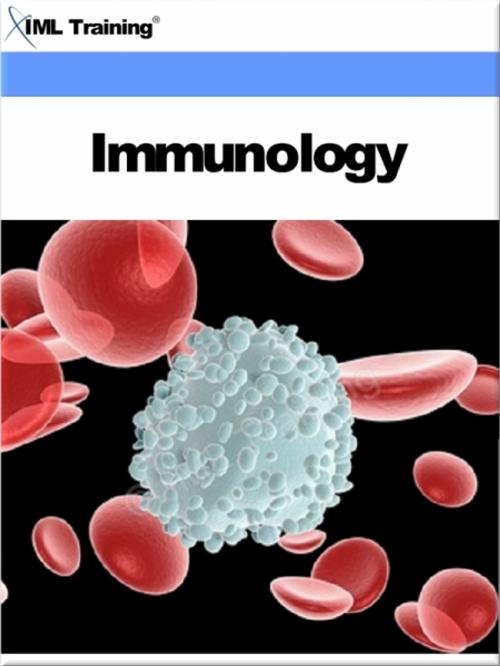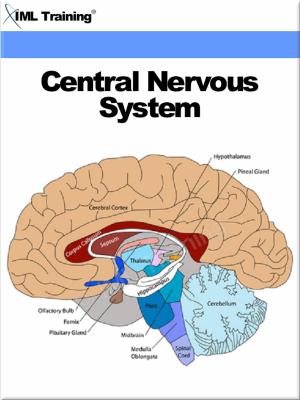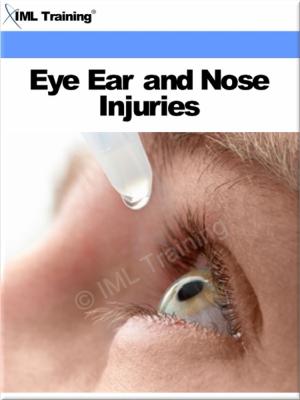Immunology (Microbiology and Blood)
Includes Introduction to Immunity, Immune Response, Antigens, Antibodies, B, T Cells, Humoral, Cellular, HLA Complex, Immunogenetics, SPE, IEP, Enzyme Immunoassay, Testing, Microscopy, Viral, Virology, HIV, Hepatitis, A, HAV, B, HBV, D, HDV, and NANB
Nonfiction, Health & Well Being, Medical, Medical Science, Microbiology| Author: | ISBN: | 9781782580959 | |
| Publisher: | IML Training | Publication: | January 14, 2013 |
| Imprint: | IML Training | Language: | English |
| Author: | |
| ISBN: | 9781782580959 |
| Publisher: | IML Training |
| Publication: | January 14, 2013 |
| Imprint: | IML Training |
| Language: | English |
Immunology
Immunology is a branch of biomedical science that covers the study of all aspects of the immune system in all organisms. It deals with the physiological functioning of the immune system in states of both health, diseases and malfunctions of the immune system in immunological disorders.
Immunity is one way the body has of giving itself both prevention and sometimes a cure. The body develops an immune response to prevent the growth of foreign invaders that might cause disease. Incidentally, there are also times when the immune response becomes a problem in itself, as with allergies, and the rejection of transplanted organs.
This course is part of our Microbiology and Blood series.
Includes a questions and answers section at the end of each lesson.
Full illustrations and diagrams included.
Lessons:
- Immunity
- Overview of the Immune System
- Cells of the Immune System
- HLA Complex
- Immunological Techniques
- Antinuclear Antibodies and Testing
- Viral Immunity
Immunology is a branch of biomedical science that covers the study of all aspects of the immune system in all organisms. It deals with the physiological functioning of the immune system in states of both health, diseases and malfunctions of the immune system in immunological disorders.
Immunity is one way the body has of giving itself both prevention and sometimes a cure. The body develops an immune response to prevent the growth of foreign invaders that might cause disease. Incidentally, there are also times when the immune response becomes a problem in itself, as with allergies, and the rejection of transplanted organs.
This course is part of our Microbiology and Blood series.
Includes a questions and answers section at the end of each lesson.
Full illustrations and diagrams included.
Lessons:
- Immunity
- Overview of the Immune System
- Cells of the Immune System
- HLA Complex
- Immunological Techniques
- Antinuclear Antibodies and Testing
- Viral Immunity
Immunology
Immunology is a branch of biomedical science that covers the study of all aspects of the immune system in all organisms. It deals with the physiological functioning of the immune system in states of both health, diseases and malfunctions of the immune system in immunological disorders.
Immunity is one way the body has of giving itself both prevention and sometimes a cure. The body develops an immune response to prevent the growth of foreign invaders that might cause disease. Incidentally, there are also times when the immune response becomes a problem in itself, as with allergies, and the rejection of transplanted organs.
This course is part of our Microbiology and Blood series.
Includes a questions and answers section at the end of each lesson.
Full illustrations and diagrams included.
Lessons:
- Immunity
- Overview of the Immune System
- Cells of the Immune System
- HLA Complex
- Immunological Techniques
- Antinuclear Antibodies and Testing
- Viral Immunity
Immunology is a branch of biomedical science that covers the study of all aspects of the immune system in all organisms. It deals with the physiological functioning of the immune system in states of both health, diseases and malfunctions of the immune system in immunological disorders.
Immunity is one way the body has of giving itself both prevention and sometimes a cure. The body develops an immune response to prevent the growth of foreign invaders that might cause disease. Incidentally, there are also times when the immune response becomes a problem in itself, as with allergies, and the rejection of transplanted organs.
This course is part of our Microbiology and Blood series.
Includes a questions and answers section at the end of each lesson.
Full illustrations and diagrams included.
Lessons:
- Immunity
- Overview of the Immune System
- Cells of the Immune System
- HLA Complex
- Immunological Techniques
- Antinuclear Antibodies and Testing
- Viral Immunity















